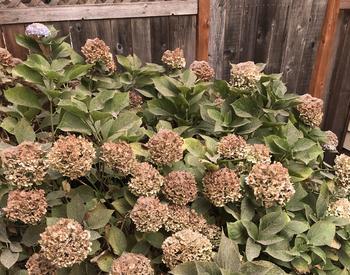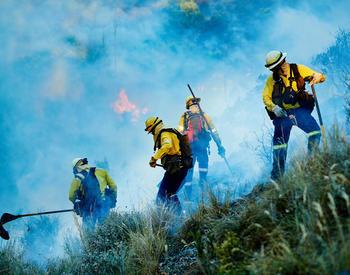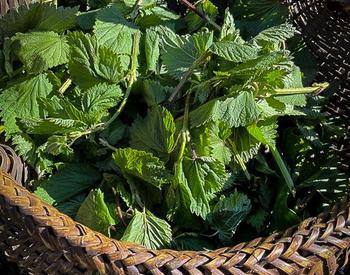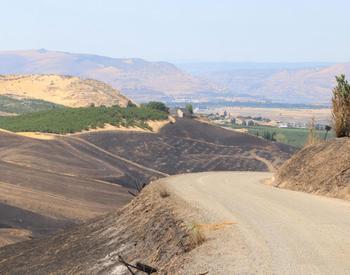Is it safe to store water in 2 Liter soda containers after cleaning? I think people get them mixed up with the gallon milk containers, which I know are not good for emergency water storage.
Thank you for your question! The start of the new year is a great time to create a kit of supplies in case of an emergency. The following resources have more tips for creating these kits:
- Survival Basics: Emergency Kits, OSU Extension Service
- Survival Basics: Food — How to Stock Up and Prepare for Natural Disasters, OSU Extension Service
Water storage containers
Bottles such as 2 Liter soda containers can be cleaned and sanitized and reused to store water. There is some food safety concern about foods stored in plastic containers above 95º F, so it would be best to store these bottles in cool, dark and dry places whenever possible. While immediate harm is unlikely, the chemicals that may leach out of the plastic at the higher temperatures could build up over time in the body and cause risk of illness or chronic disease.
Milk jugs could also be cleaned and sanitized for short-term water storage. The plastic is designed to biodegrade over time, so leaking milk jugs could be a problem, hence why our publication advises against it. There is also a risk that protein from the milk can cause the stored water to spoil.
Note that commercially bottled water should be replaced every six months for quality purposes.
Preparing storage containers
All containers must be sanitized before use.
- Clean the container with warm, soapy water and rinse with hot water.
- Add 1 teaspoon of unscented, household liquid chlorine bleach to 1 quart (32 ounces, 4 cups, or about 1 liter) of water.
- Pour the bleach mixture into a clean storage container, close securely and shake well. Make sure that the solution coats the entire inside of the container.
- Let the container sit for at least 30 seconds, then pour out the sanitizing solution.
- Let the container air dry or rinse it with clean, purified water.
To learn more about safe water storage, including how much water is recommended to store and how to purify water from different sources, check out our publication:




















